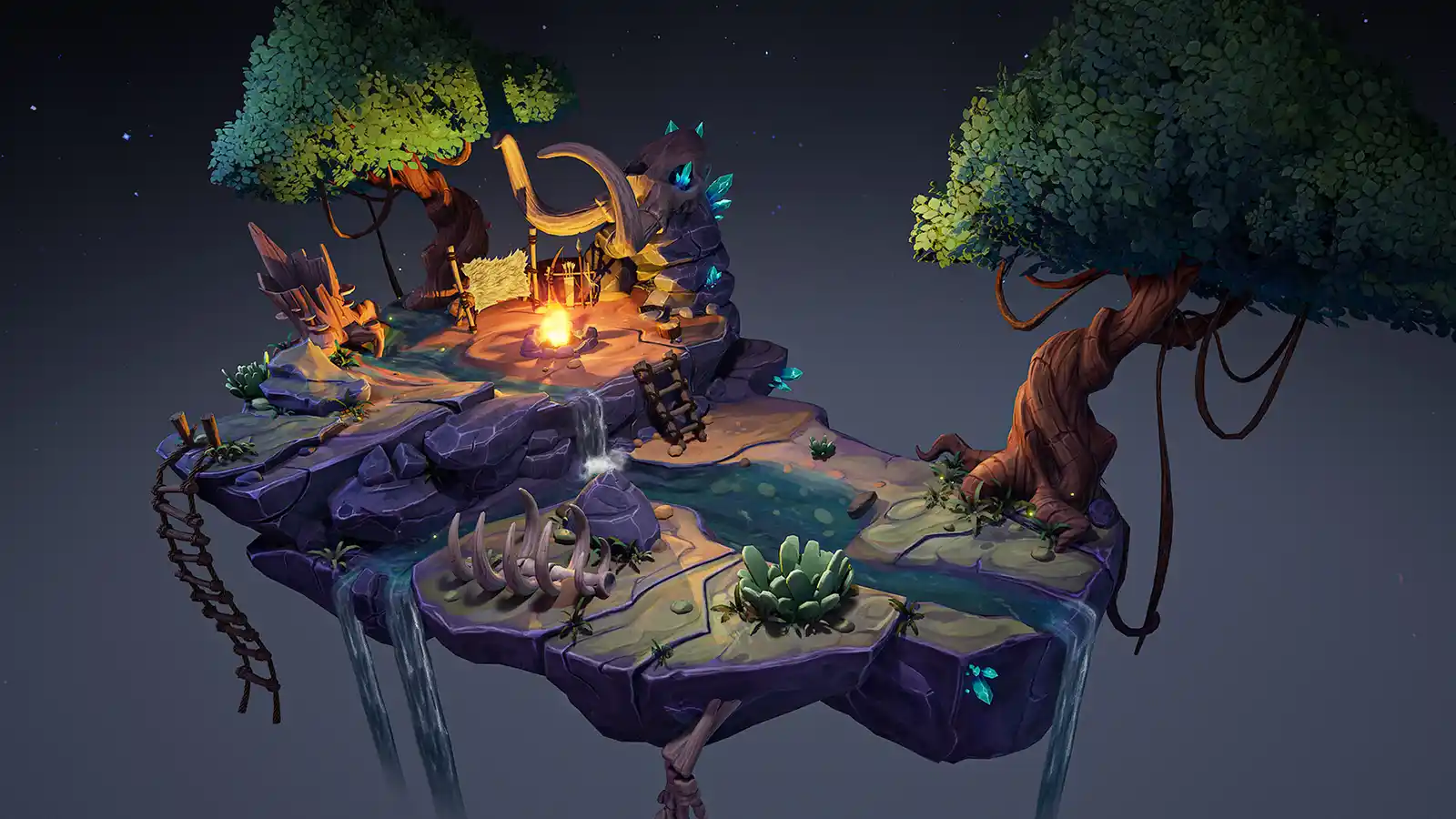In the rapidly evolving world of video games, the push for greater immersion and realism is relentless. At the heart of this evolution is 3D art, which has transformed the way players interact with digital worlds. From the intricacies of character design to the vast expanses of detailed landscapes, 3D art is the driving force behind the most memorable gaming experiences.
The Evolution of 3D Art in Games
The journey of 3D art in gaming began with simple polygons and basic textures. Early games like “Virtua Fighter” and “Super Mario 64” were groundbreaking, but they only scratched the surface of what was possible. Fast forward to today, and we see games with stunningly realistic graphics, such as “The Last of Us Part II” and “Cyberpunk 2077,” where the line between virtual and reality is nearly indistinguishable.
Immersive Environments: Creating Worlds that Feel Alive
One of the most significant contributions of 3D art is the creation of immersive environments. These digital worlds are not just backgrounds; they are interactive spaces that react to player actions. Whether it’s the rustling of leaves in a forest, the bustling streets of a cyberpunk city, or the eerie silence of a post-apocalyptic wasteland, 3D artists painstakingly craft every detail to enhance the player’s sense of immersion.
Character Design: Breathing Life into Digital Beings
Characters are the heart and soul of any game. 3D art allows for the creation of detailed and expressive characters that players can connect with on an emotional level. Through sophisticated modeling and animation techniques, 3D artists bring characters to life, giving them personalities, emotions, and movements that feel natural and engaging.
Consider the character of Geralt of Rivia from “The Witcher 3: Wild Hunt.” His detailed facial expressions, realistic movements, and meticulously crafted armor all contribute to making him one of the most iconic characters in modern gaming.
Realism through Advanced Techniques
Modern 3D art leverages advanced techniques such as photogrammetry, motion capture, and real-time rendering. Photogrammetry allows artists to create highly detailed textures by scanning real-world objects, while motion capture technology ensures that character movements are fluid and realistic. Real-time rendering techniques, powered by engines like Unreal Engine and Unity, enable the creation of dynamic lighting and shadows that react to the game environment in real-time.
In the hands of a skilled 3D artist, a virtual sunset can evoke the same awe and wonder as witnessing the real thing.
The Role of 3D Artists in the Gaming Industry
3D artists are the unsung heroes behind the visual magic of games. Their expertise in modeling, texturing, and animation is crucial for creating the detailed and immersive experiences that gamers crave. Working closely with game designers and developers, 3D artists ensure that every visual element aligns with the game’s vision and enhances the overall player experience.
The Impact on Gaming Companies
For any gaming company aiming to create a memorable and immersive experience, investing in high-quality 3D art is essential. It’s not just about making a game look good; it’s about creating an environment where players can lose themselves and feel truly part of the world. Companies that prioritize 3D art in their development process often see higher engagement, better reviews, and increased player satisfaction.
Conclusion
In conclusion, 3D art plays a pivotal role in the world of gaming, driving immersion and realism to new heights. As technology continues to advance, the possibilities for creating even more detailed and lifelike gaming experiences are virtually limitless. For 3D artists, the future is bright, filled with opportunities to push the boundaries of what’s possible and continue to captivate players around the globe.
Immersive gaming experiences are not just about playing a game; they are about living in a different world, even if just for a while. And it’s the magic of 3D art that makes this possible.

